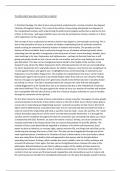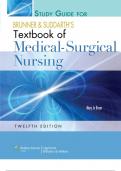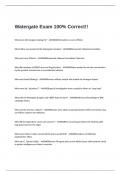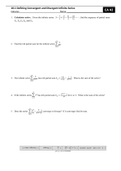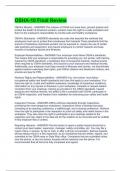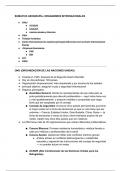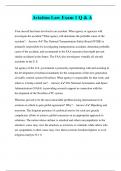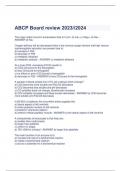Essay
A* essay on Jesus liberator
- Course
- Institution
This essay examines whether Jesus can only be described as a liberator or if he can be described as a teacher or the son of God aswell. IT includes all the content to answering any Jesus question.
[Show more]
